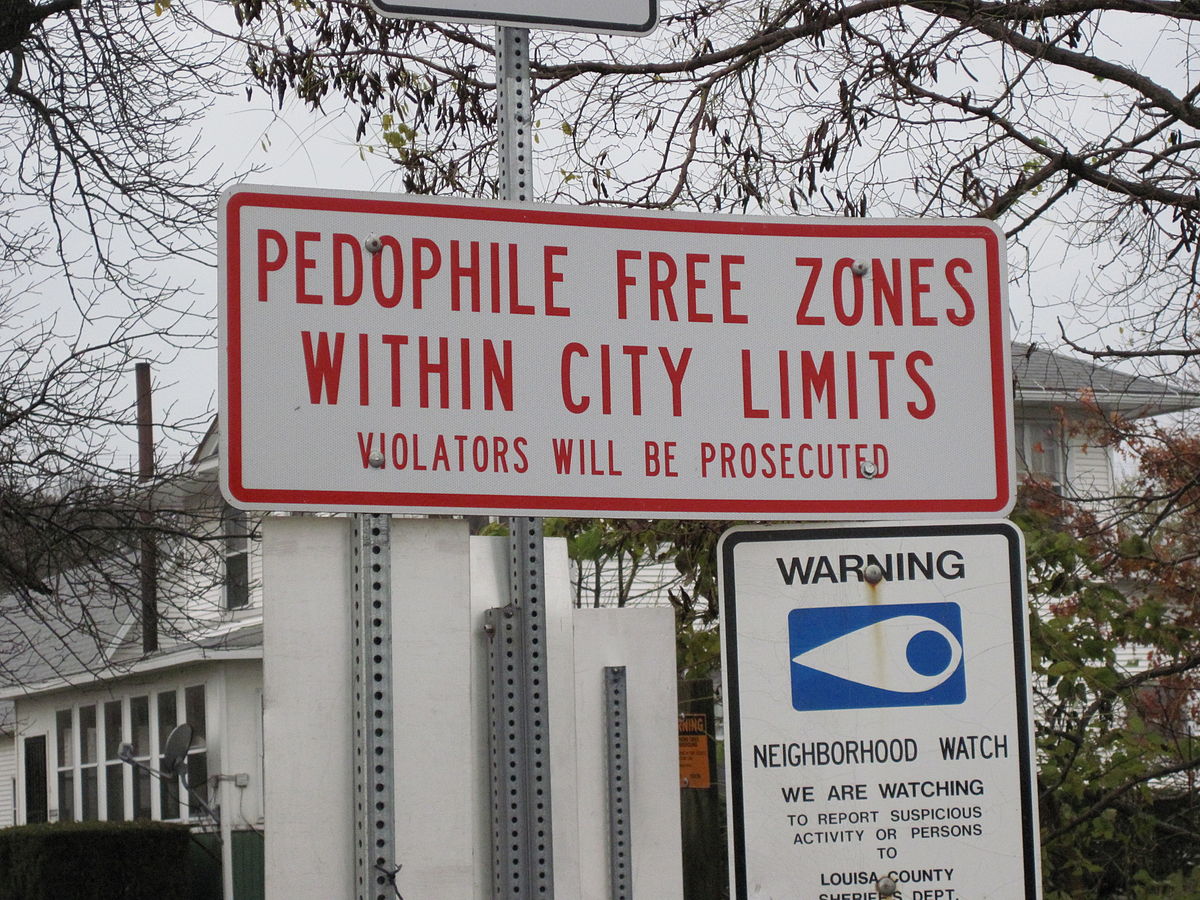Humanitarian intervention is an oft-discussed section of ethical debates. The issue of when, how, and where to send aid regularly plagues the world community. The flip side of the coin, which is less discussed, is the toll that such aid work takes on the workers – and whether it is ethical to harm the helpers in order to save devastated populations.
A Student Perspective on Trigger Warnings
I first encountered the classroom trigger warning in the fall semester of my junior year. The course in question covered humanitarian intervention, a particularly dark topic amongst any number of dismal subjects in political science. As a result, soon after talking through the syllabus, our professor made special mention of the topics at hand. The classes to come, we were told, would cover a number of heavy topics: genocide, ethnic cleansing, wartime rape and other forms of systematic violence. Reading about such material on a daily basis, the professor warned, could be emotionally upsetting. Drawing attention to this fact wasn’t an effort to silence the topics or distract from their discomfort. In communicating their emotional gravity, our professor was simply trying to prepare us, encouraging us to keep tabs on our mental well-being as we proceeded through each difficult discussion.
Continue reading “A Student Perspective on Trigger Warnings”
A New Approach to Pedophilia
Few crimes are as stigmatized as those that stem from pedophilia. Pervasive tropes of the pedophile as the serial child abuser, shadily lurking in public parks, have worked to demonize the mindset to a degree rarely seen with other crimes. This stigma is so strong that, in states like California, therapists must report clients who admitted that they viewed child pornography, regardless of their attempt to seek treatment. Such measures may seem like a strong stand against pedophilia, a mindset that contributes to the abuse and exploitation of thousands of children. But is criminalizing pedophilia in this manner effective?



